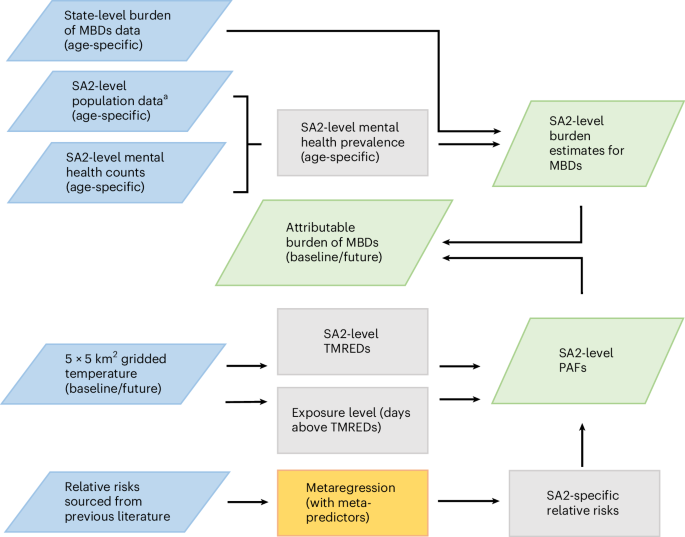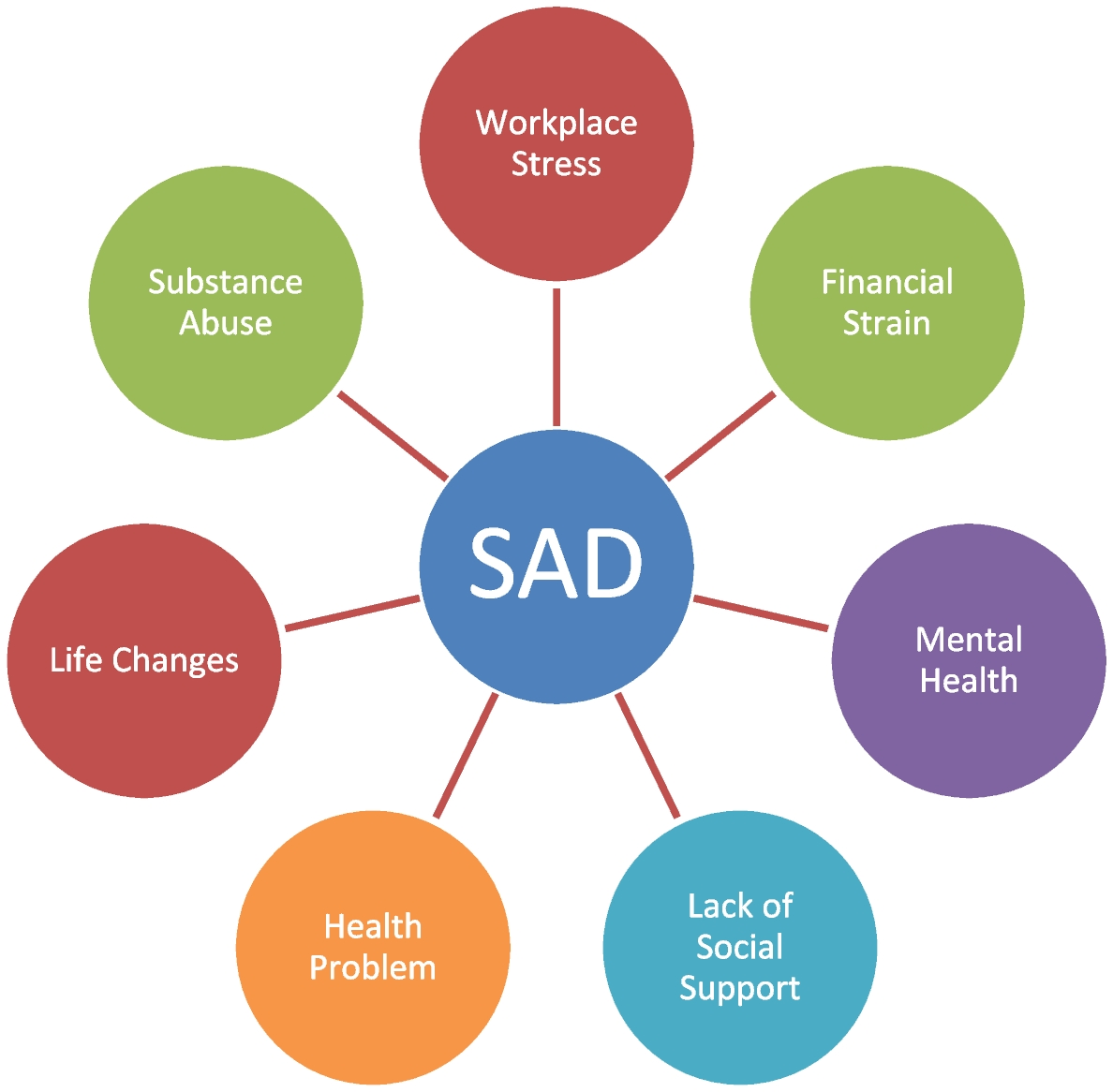A recent study highlights the increasing burden of mental and behavioral disorders (MBDs) in Australia driven by high temperatures. This research, published in *Nature Climate Change*, examines the impact of rising temperatures on mental health from 2003 to 2018, using disability-adjusted life years (DALYs) as a measure of the health loss.
The findings indicate that extreme heat contributed to an annual loss of approximately 8,458 DALYs, accounting for 1.8% of the total burden of MBDs in the country. The study anticipated a troubling trend, projecting that this burden will rise by 11.0% to 17.2% in the 2030s and by 27.5% to 48.9% in the 2050s compared to the baseline.
Researchers assessed the effects of temperature increases across various climate scenarios, specifically the representative concentration pathways (RCP) 4.5 and 8.5. These pathways represent different levels of greenhouse gas emissions, with RCP 8.5 reflecting a high-emission scenario that could result in severe climate consequences. The analysis considered demographic factors and adaptation strategies to understand how these variables influence mental health outcomes.
The study underscores the pressing need for both adaptation and mitigation strategies to address the adverse effects of climate change on mental health. As temperatures continue to rise, a comprehensive approach involving policy changes, community awareness, and mental health resources will be essential to mitigate these impacts. The research draws attention to the limited understanding of how temperature affects mental health and the importance of integrating climate considerations into public health planning.
Data for this research was sourced from the Australian Institute of Health and Welfare, highlighting the need for continued monitoring and research into the interplay between climate and mental health. As Australia faces increasing heatwaves and climate-related challenges, the findings serve as a critical call to action for policymakers and health professionals to prioritize mental health in the context of environmental changes.



